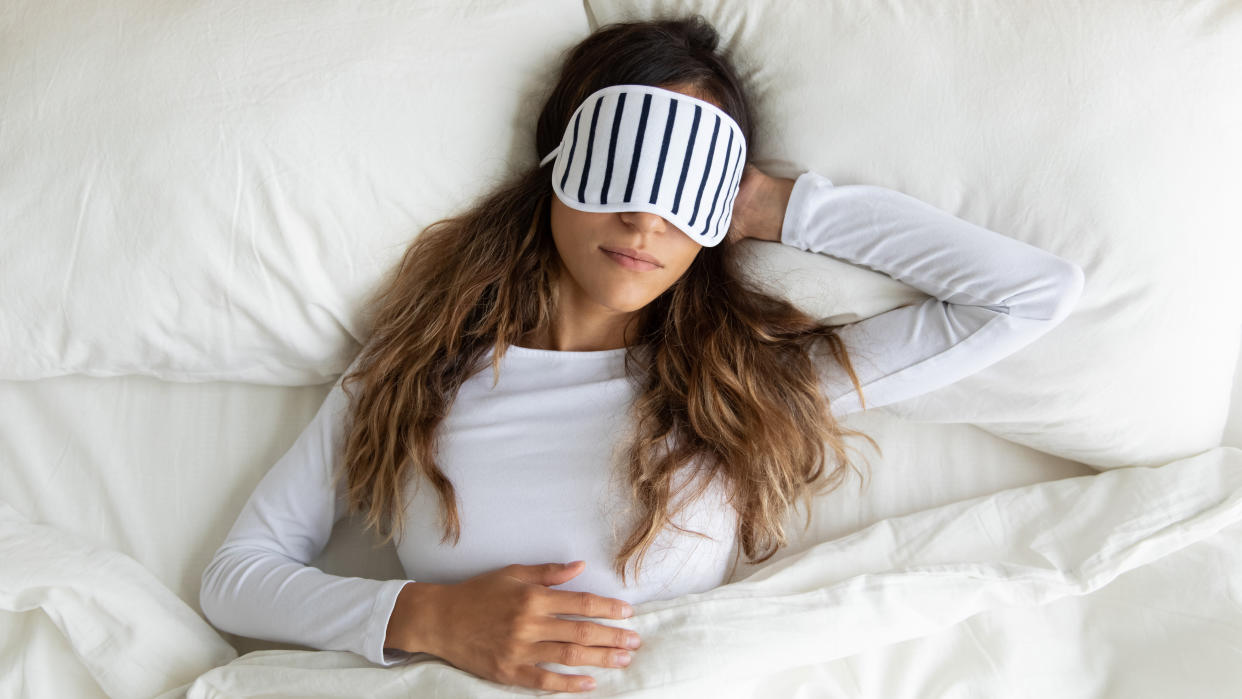Sleep tight! People dreaming of 'being in crowded places' now lockdown has lifted, study suggests

Since the coronavirus outbreak emerged at the end of 2019, experts and officials alike have urged people to avoid crowded spaces, with lockdowns even enforcing millions around the world to stay at home.
Restrictions may have ended in England, but Boris Johnson has stressed "caution is absolutely vital" to ensure we "don't undo our progress".
That cautionary warning may have sunk in. Writing in the Journal of Sleep Research, scientists from the Sapienza University of Rome suggest some people are waking in a cold sweat after dreaming they were in a "crowded place".
Early in the pandemic, experts warned the ordeal may be triggering vivid dreams. The Sapienza team has also revealed lockdown left people better able to recall their dreams, a sign of trauma.
Read more: Cats catch coronavirus sleeping on owner's bed
They were also more aware of the fact they were dreaming while asleep, a potential coping mechanism during challenging times.

The stress of the pandemic combined with unprecedented "confinement" and "remarkable daily life changes" is thought to have affected many people's sleep habits.
Read more: Tips to help children sleep amid the pandemic
Why we dream, or even sleep, is somewhat of a mystery.
One theory is dreams allow us to process intense emotions within the safety of our subconscious.
Dreams can also reflect what we have experienced that day. With many finding life monotonous amid the pandemic, our mind may create coronavirus-specific dreams or draw on "content" from our past.
Read more: Dreams may prepare us for 'future events'
To better understand how the pandemic has affected our dreams, the Sapienza scientists had 90 people complete a sleep survey from 28 April to 4 May 2020 – Italy's first week of lockdown – and 5 May to 11 May 2020, when restrictions had eased.
Perhaps unsurprisingly, the participants found it harder to fall asleep and woke more in the night during the lockdown.
They also recalled their dreams, and were more aware they were dreaming while asleep, amid the restrictions.
Dream recall has been linked to traumatic events, which "confirmed the idea of [the] pandemic as [a] 'collective trauma'", wrote the scientists.
Being aware we are dreaming "may provide an opportunity to increase self-control and emotional regulation in individuals experiencing adverse events", they added.
Post-lockdown, some of the participants specifically reported "being in crowded places" in their dreams.
This may be due to the easing of restrictions giving us "the possibility to access places frequented by other people", representing "a relevant experience after a long period of confinement".



